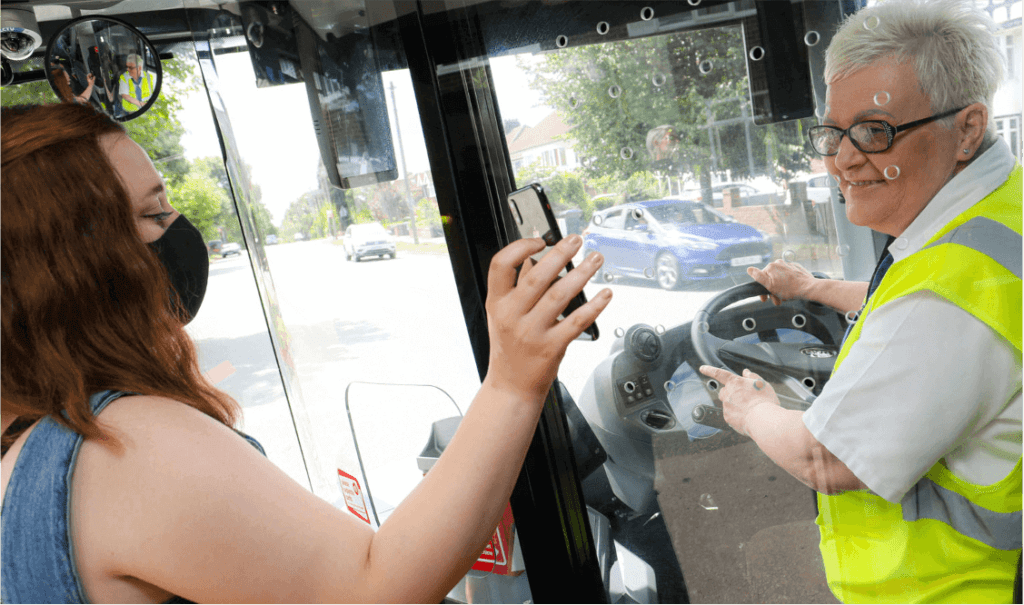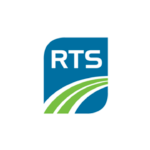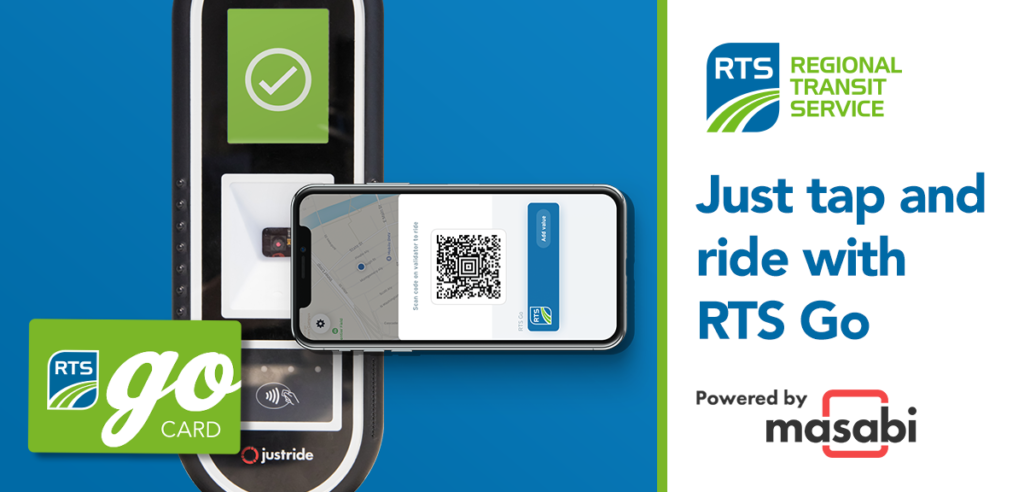
Bus Ticketing System
Fare Payments Platform for Bus Agencies of All SizesAt Masabi we supply fare collection services to over 200 bus operators around the globe, from operators with a few buses to large cities.

80% Mobile Ticketing Adoption
Bustang, Colorado, USA
Columbus’ Account-Based Ticketing Solution from Masabi
National Express Bus
Bus passengers in the West Midlands can pay cash to buy digital tickets on their mobile phones at a network of 1300 retailers across the West Midlands.
- Masabi’s smart ticketing technology has now won two Transport Ticketing Global Awards with National Express West Midlands.
- Ability to pay cash to buy digital bus tickets rolled out at 1300 retailers across the West Midlands
- Payzone uses Masabi’s Justride External Orders API to securely send visual and barcode tickets directly to passengers’ smartphones.
- Partnership builds on award-winning student travel pass scheme introduced in 2017.
- New ‘nBus’ multi-operator digital ticket enabled seamless travel across bus operators throughout the West Midlands from June 2021 – 2000 tickets sold in first two weeks.


55% of Users Ride the Bus More Frequently Since Using Justride
National Express Bus, Birmingham, UK
RTS Rochester
Rochester rolls out Account-Based Ticketing and Mobility as a Service in upstate New York.
Rochester rolls out Account-Based Ticketing and Mobility as a Service in upstate New York. Case study Takeaways:
- Mobile ticketing integrated into the Transit app for convenient and seamless (MaaS) rider
experiences. - Account-Based Ticketing with smartcards and mobile removes the need for riders to buy tickets or
select fares in advance – just tap and ride. - Fare-capping means riders are always charged the best price for their journey, delivering equity by
enabling period passes for those who can’t afford to purchase them in advance. - Fare Payments as-a-Service (FPaaS) system delivery model enables constant updates and provides
a cost-effective solution for RTS.


Dayton Ohio’s Account-Based Ticketing Solution from Masabi
Fare Payments Platform for Bus Operators
Masabi’s Justride is the leading Fare Payments platform for bus services around the globe. It’s one platform configured in different ways for all our agency partners, with regular feature updates everyone benefits from. Transit agencies and bus operators can sign up to mobile ticketing services and enable Account-Based Ticketing, allowing passengers to simply tap a contactless bank card, mobile device and smart card to travel, without needing to buy a ticket or understand fares before boarding.


